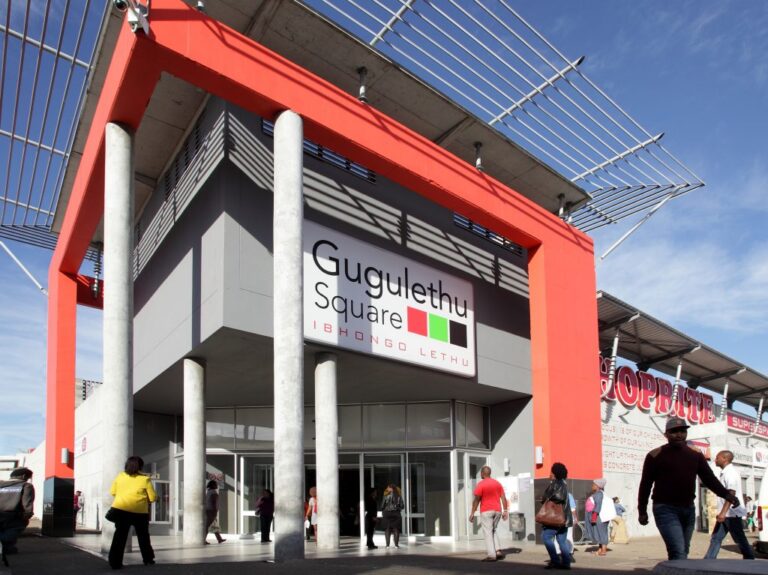Following my previous summary of where the domestic listed property market finds itself (Reits back on the radar?), I had intended to write a view as to the valuations in this sector. Indeed, several comments asked for it.
I was going to do this, right up until Merchant West Investment’s Daniel King hosted a succinct presentation on this detail. You can view the pertinent part here on King’s X feed. He followed this up with an interview on the MoneywebNOW podcast.
ADVERTISEMENT
CONTINUE READING BELOW
Considering that the SA real estate investment trust (Reit) sector is trading at about a 30% discount to its net asset value (NAV) and an around 20% discount to its gross assets, I tend to agree with King that the sector is roughly fairly valued. Remember, the trade-off is either buying property on a certain yield with unique risks or buying a government bond (theoretically safer) on what is likely to be a higher yield.
Thus, somewhat boring, my view and King’s line up and the listed property sector looks unexciting. In my view, it is not often that entire sectors trade at immense discounts to their fair value, but the individual counters in the sector are another matter …
Listen:
Vukile’s bullish R1bn capital raise
‘We are emerging out of the dog box’ – De Klerk
Cape Town boasts the top-performing office market in SA
Particularly three stand out for me as potentially offering some value:
- Stor-Age Property Reit (SSS), being in the self-storage market with a strong operation team that sits inside the counter;
- Vukile Property Fund (VKE), which holds entirely retail with a strong underpin in rural malls and the majority of its assets in Spain; and
- Spear Reit (SEA), a Reit that is diversified in its properties but concentrated in its geographic positioning in the Western Cape.
Stor-Age, Vukile and Spear share prices over 12 months
Read:
Stor-Age’s UK property is not Equites’s UK property
SA listed property: The highs, the lows, and what’s next
A highly ‘Reited’ duo
Consumer realities
Comparing Woolworths (WHL) results to those of Shoprite Holdings (SHP) anecdotally shows us how the two ends of the domestic consumer market – high LSM and low LSM (Living Standards Measure) – are doing.
Woolworths group turnover was up 5.1% but this includes its Australian operations, the winding-down of David Jones, forex impacts, a declining domestic clothing business, and an unsecured lending business.
Stripping all of these out and zooming into Woolworths Food segment, like-for-like sales grew 7.2%.
Inflation was 9.1%, which implies that volumes on a same-store basis went backwards by 1.9% (7.2% – 9.1%) over the six months to December 31, 2023.
ADVERTISEMENT
CONTINUE READING BELOW
Shoprite’s comparable H1:24 period reported sales of merchandise growing 13.9% but includes loads of other segments from Africa and furniture to airtime.
When we zoom into Shoprite’s domestic business, Supermarkets RSA, like-for-like sales grew 6.3% (below Woolworths) but inflation was only 7.7% (lower than Woolworths) and, thus, volumes only shrank 1.4% (6.3% – 7.7%) on a comparable-store basis.
Woolworths and Shoprite both saw comparable-store volume declines in South Africa.
In other words, both high-LSM and low-LSM South African consumers are under immense pressure where even non-discretionary items are being cut back.
Not only does this circle back to my original article on property and the above valuation view that Reits are currently not all that attractively valued, it also offers us a glimpse into the ‘broadness’ of the pressure in our economy.
Thus, in this environment and where both ends of the consumer market are struggling, I would be very cautious of discretionary retailers, especially those extending unsecured credit …
Keith McLachlan is chief investment officer at Integral Asset Management.
* Some portfolios managed by McLachlan may hold Stor-Age, Spear, Vukile and Shoprite.

